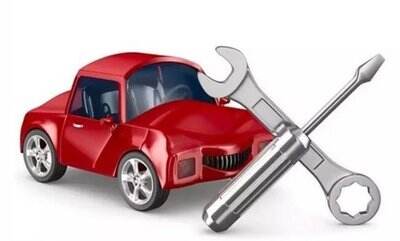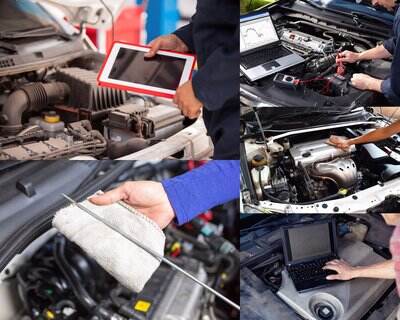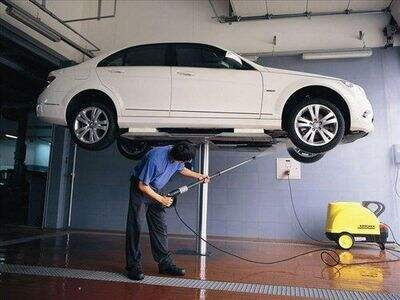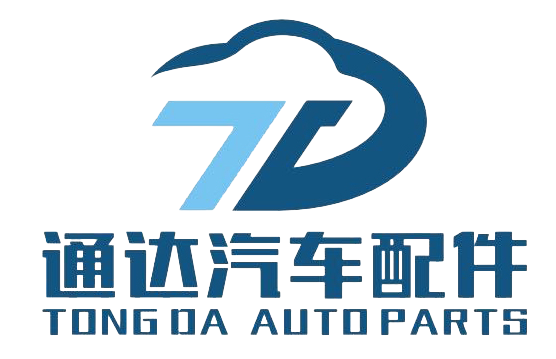Good habits are the way to extend the lifespan of a car
Good habits are the way to extend the lifespan of a car
In modern society, cars have become an indispensable means of transportation in people's daily lives. It provides us with convenience in travel and shortens the distance of time and space. However, as a complex mechanical device, the lifespan of a car depends not only on its manufacturing quality, but also on the owner's daily usage and maintenance habits. Good usage and maintenance habits can effectively extend the lifespan of a car, keeping it in the best condition at all times, thereby saving maintenance costs for car owners and improving the driving experience. This article will explore from multiple perspectives which habits contribute to extending the lifespan of a car.

**1、 Regular maintenance cannot be ignored**
Regular maintenance of a car is the foundation for extending its lifespan. This includes replacing vulnerable parts such as oil, oil filters, and air filters, checking the brake system and tire wear, and adjusting the performance of components such as the engine and chassis. Following the maintenance cycle recommended by the car manufacturer can ensure that all parts of the car are always in good working condition, avoiding excessive wear and failure. In addition, regular maintenance can timely detect and solve potential problems, avoiding small problems from escalating into major malfunctions.
**2、 Drive reasonably and avoid violent operations**
The impact of driving habits on the lifespan of a car cannot be ignored. A reasonable driving style includes smooth starting, even acceleration, avoiding violent maneuvers such as sudden braking and sharp turns. These behaviors can reduce the wear and tear of various parts of the car, especially the engine, gearbox, and suspension system. In addition, maintaining appropriate vehicle speed and RPM can not only extend the lifespan of the car, but also improve fuel economy and reduce operating costs.

**3、 Pay attention to the environment and avoid harsh conditions**
Environmental factors also have a significant impact on the lifespan of automobiles. Long term use in extreme high or low temperature environments can accelerate the aging and wear of various components in automobiles. Therefore, car owners should try to avoid using their cars in harsh conditions or take corresponding protective measures. For example, in hot weather, regular cleaning of the car's cooling system and replacement of coolant can be carried out to prevent engine overheating; In low-temperature environments, low viscosity engine oil and winter tires should be used to improve the starting performance and driving stability of the car.
**4、 Keep clean, wash and wax regularly**
The body and chassis of a car are susceptible to pollution and corrosion. Long term lack of cleaning can lead to rust and scratches on the surface of the vehicle, affecting its appearance and lifespan. Therefore, car owners should wash their cars regularly and use appropriate car wash fluids and tools to avoid damage to the vehicle body. At the same time, regularly waxing the car can form a protective film, reducing the erosion of the car body by environmental factors such as ultraviolet rays and acid rain, and extending the life of the car paint.

**5、 Timely maintenance to avoid the expansion of faults**
Cars are inevitably prone to malfunctions or damages during use. Once an abnormal situation is detected, the car owner should promptly inspect and repair it to avoid the fault expanding or triggering a chain reaction. For example, when problems such as engine noise or brake failure are discovered, the vehicle should be stopped immediately and professional maintenance personnel should be sought for assistance. Timely maintenance can not only solve current problems, but also prevent potential failures and extend the service life of the car.
**6、 Reasonably use on-board equipment to avoid overload operation**
With the development of technology, modern cars are equipped with more and more in car devices, such as sound systems, navigation systems, and in car air conditioning. Although these devices improve the comfort and convenience of cars, they also increase the energy consumption and load of cars. Therefore, car owners should maintain reasonable use of these devices and avoid prolonged use or overloading. Especially in high temperatures or harsh road conditions, the use of onboard equipment should be appropriately reduced to reduce the load and energy consumption of the vehicle.
**7、 Pay attention to insurance and regulations to ensure safe driving**
Finally, car owners should also pay attention to the updates of car insurance and traffic regulations. Purchasing appropriate car insurance can provide financial protection for the car in the event of an accident; Complying with traffic laws and regulations is the foundation for ensuring safe driving of automobiles. In addition, car owners should regularly participate in driving training and safety education courses to improve their driving skills and safety awareness, thereby further extending the lifespan of the car and ensuring their own and others' safety.
In summary, extending the lifespan of a car is not a one-time effort, but requires car owners to develop good habits and persevere in daily use. By making efforts in regular maintenance, reasonable driving, paying attention to the environment, maintaining cleanliness, timely maintenance, reasonable use of onboard equipment, and paying attention to insurance and regulations, we can effectively extend the lifespan of cars and provide us with more sustainable and reliable services.

 EN
EN







































